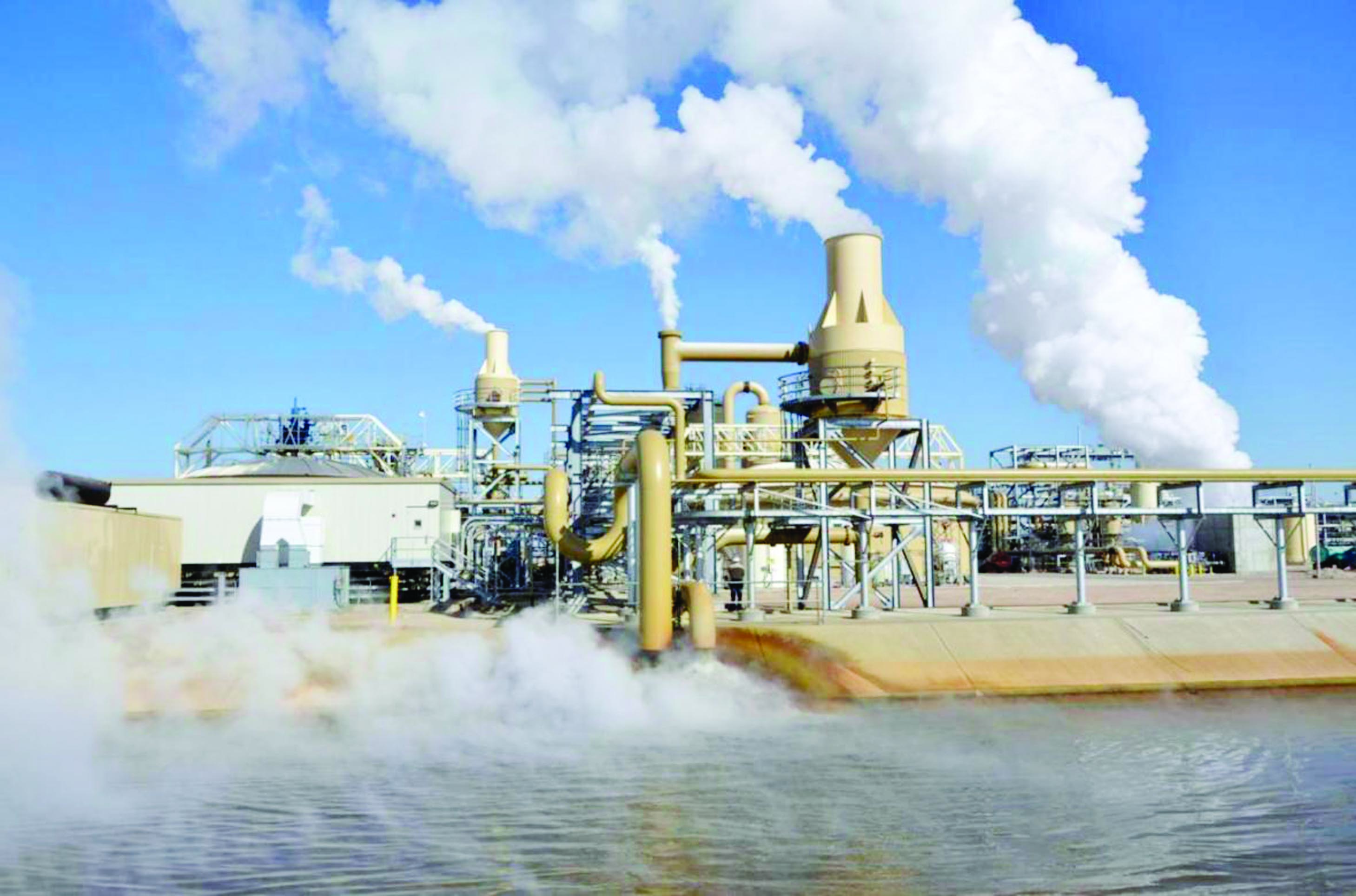
Energy
Malawi Govt. scouts for strategic investor for US$76.2-M Chiweta Geothermal Power Project
November 05, 2024 / Modester Mwalija

By Modester Mwalija
The Malawi government says it is seeking a strategic partner to invest USS76.2 million to develop the Chiweta Geothermal Power Generation Project in Rumphi, which will be developed in a public and private sector partnership arrangement.
This is highlighted in Malawi Investment Projects Compendium Volume published by the Malawi Investment and Trade Center.
The project will generate up to 10 MW of electricity, contributing significantly to the national grid and supporting the country’s industrialization goals.
The report says that the government’s preference is to develop the project through an Independent Power Producer (IPP) following a Build, Own, Operate and Transfer (BOOT) model with a 30-year concession period.
“A Special Purpose Vehicle (SPV) will be established to oversee the project’s implementation, ensuring efficient management of the development phase and future operations,” reads the report.
It says pre-feasibility studies conducted reveal that the project is technically, economically, financially and environmentally viable.
“This project is aligned with the government’s energy sector and economic development goals as outlined in the National Energy Policy and the Malawi Growth and Development Strategy,” the report reads.
The project’s key benefits include provision of additional power to the national electricity grid, thereby improving access to electricity for both households and industries. Employment opportunities will also be created during and after the construction phase of the project.
In addition to boosting local electricity supply, there is potential for Malawi to export surplus power generated from the project to generate foreign exchange revenue as government plans to connect to the Southern African Power Pool (SAPP).
The project will involve drilling to install a fluids conveyance system, power plant construction and construction of transmission line.
“Geoscientific investigations, including geological, geochemical, and geoelectrical surveys, have confirmed the feasibility of the project. These studies have enabled experts to develop a conceptual model of the geothermal field and outline its main characteristics, suggesting the project's technical and financial viability,” reads the report.
The project site is underlain by biotitic gneisses of the Basement Complex, covered by clastic sediments of the Karoo System and by a thin level of Quaternary deposits.
In a related development, the Malawi Government is seeking a strategic investor to develop the Fufu Hydropower Project on South Rukuru River in Rumphi district.
The Malawi Investment and Trade Centre explains in the compendium that Fufu is designed as a storage power plant through the reservoir formed by a 114m high RCC dam.
It, therefore, offers the possibility to be operated in base mode, following the load and responding to the instant changes in power demand. The guaranteed generating capacity of the station is 146.3 MW and the total installed capacity is 261 MW. The objective of the project is to increase the supply and reliability of power in the country.
“The geographical location of the power plant is very ideal for system voltage stabilization as it is situated in the northern region of Malawi which has no generating station rendering it prone to power quality issues due to long transmission distances. A feasibility study on the Fufu Hydropower Project is available,” reads the Compendium.
A Bankable feasibility study conducted for the project reveals that the investment cost for the project is US$702.5 million and the specific investment cost is US$2,700 per kW. The project Internal Return of Return (IRR) is approximated to be 12.1% and the levelized electricity cost is 3.5 US cents/kWh. Additionally, the project’s Net present Value is US$123 million.
The report says the project which proposes a 350MW hydro-power plant is technically, economically and environmentally feasible.
The Compendium reads: “The project is financially feasible and sustainable. The financial internal rate of return (FIRR) for the project ranges from 12% to 17.5% and a Net Present Value of between US$110.5 million and US$ 356 million respectively depending on the scenarios.”
“Additionally, the Cost-Benefit results of the project are very promising ranging from 1.03 (where construction is delayed by one year and the construction cost increased by 10%) to 1.35 where the construction cost is decreased by 10%.”
“These results show that the project is financially viable as the revenues from the project are sufficient to cover its capital costs and operating costs and to provide the investor with adequate profit.































